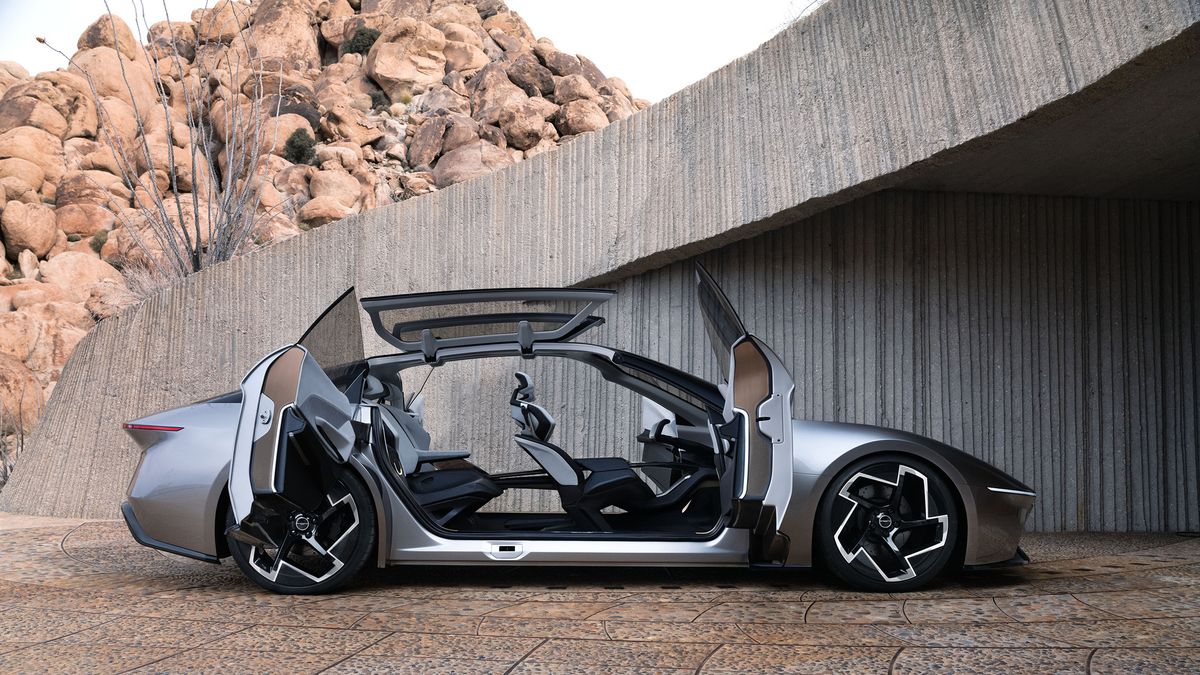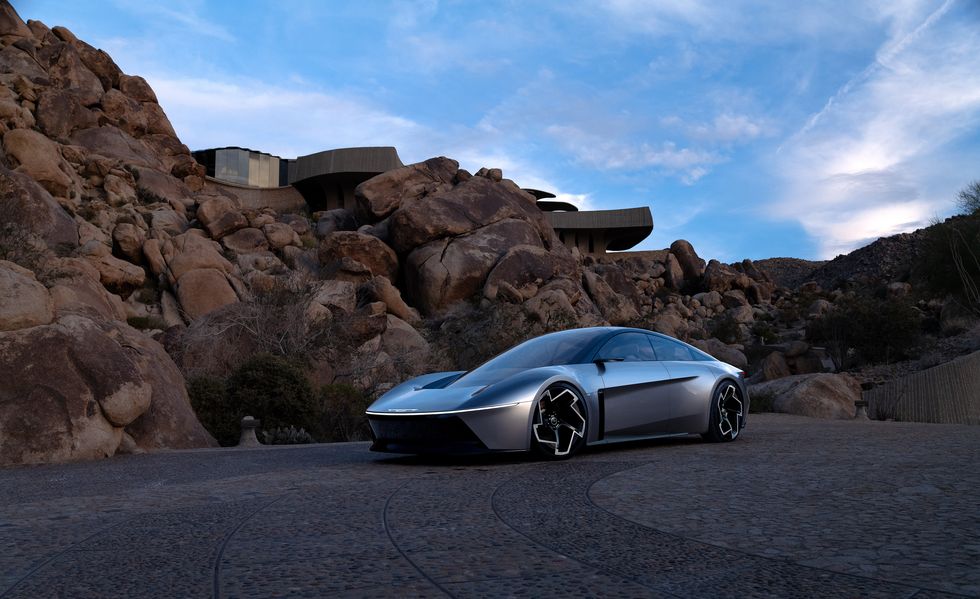Chrysler introduced its Halcyon Concept electric sedan, highlighting its use of 800-volt lithium-sulfur batteries, which the company claims have a 60 percent lower carbon footprint compared to current battery technology.
The Lyten cells featured in the concept car exclude metals like nickel, cobalt, or manganese and instead utilize sulfur, resulting in increased energy density and reduced weight per energy capacity. Sulfur, being abundantly available on Earth, could potentially lower raw material costs.
In a move to accelerate the commercialization of lithium-sulfur cells, Stellantis Ventures, Stellantis’ corporate venture fund, invested in Lyten last May. However, Stellantis declined to provide further details about the technology when approached by Car and Driver.

Lithium-sulfur cells, which replace rare and expensive metals with sulfur, aim for higher energy density and reduced mass, theoretically offering greater range in electric vehicles. Despite the promise, no on-road vehicles currently utilize this technology.
Efforts to explore alternatives to current battery chemistries have intensified, with a focus on elements with suitable energy properties and greater abundance.
Haresh Kamath, director of energy storage at the Electric Power Research Institute (EPRI), acknowledges the potential of lithium-sulfur batteries but emphasizes the need for extensive development, including addressing safety concerns and achieving cost competitiveness.
Kamath stresses that transitioning battery technology from the lab to commercial use requires significant investment and time, with success not guaranteed. While lithium sulfur holds theoretical promise, it faces challenges such as lower cell voltage, poor life cycle, charging inefficiencies, and safety considerations.
While lithium-sulfur technology shows potential, it remains in the developmental stage and is unlikely to be scaled up for mass production in the near future. Consequently, Chrysler’s future electric vehicles are more likely to rely on variants of current lithium-ion cells rather than lithium-sulfur technology.

